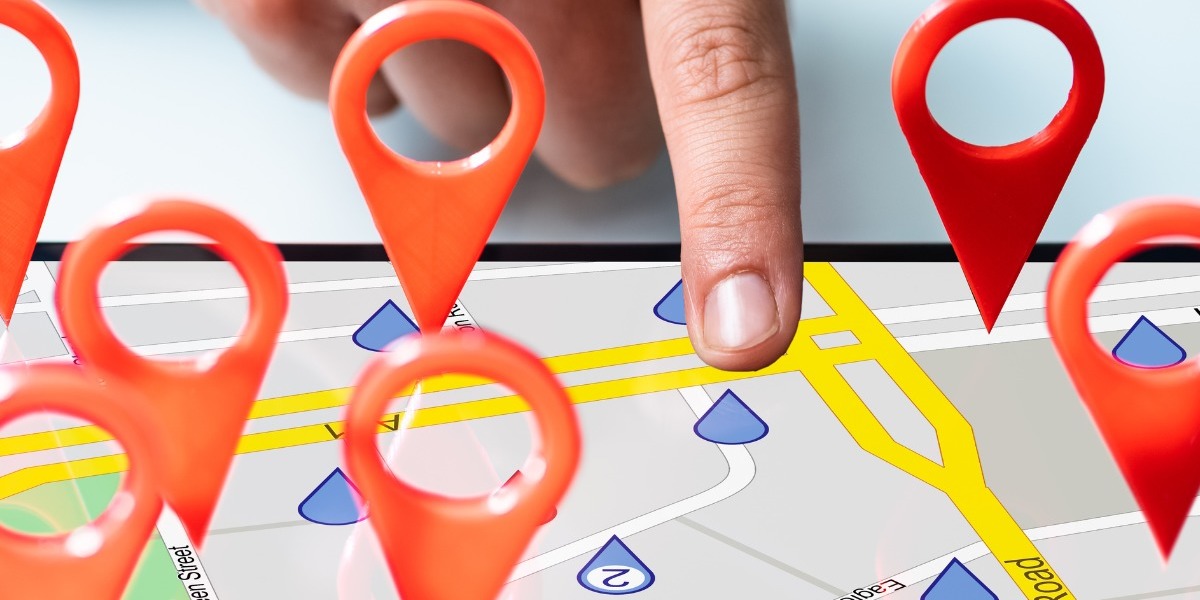How To Optimise Your Website For Local Search
Optimising your website for local search is a key strategy for businesses that want to attract customers in their local area and a major strategy that it'eeze Exeter web design agency takes with every web design project. Local search optimisation involves a set of strategies that are designed to improve your website's visibility in local search results, making it easier for potential customers to find you when searching for products or services in your area.
Here are some key strategies for optimising your website for local search:
1. Claim and optimize your Google Business Profile:
Google Business Profiles are free listing services provided by Google that allows businesses to manage their online presence across Google, including search and maps. At it'seeze Exeter we make sure that all of our web clients have a Google Business Profile that it is optimised, as we know how optimising your Google Business Profile is essential for local search optimisation. As it allows your business to appear in local search results and on Google Maps. Make sure your listing includes accurate and up-to-date information, such as your business name, address, phone number, and website URL. You can also add photos, videos, and customer reviews to help attract potential customers.
2. Include local keywords in your website content:
Make sure your website content includes local keywords that are relevant to your business and your local area. So for our web design Agency we would be including web design and also including the word Exeter as a location marker.This can include your city or town name, neighborhood names, and other location-specific keywords that potential customers might use when searching for businesses like yours. You can also include local keywords in your meta descriptions and title tags, which can help improve your website's visibility in search results.
3. Create location-specific landing pages:
If your business has multiple locations or serves customers in different areas, consider creating location-specific landing pages on your website. These pages can include information about each location, such as its address, phone number, hours of operation, and other relevant details. This can help improve your website's relevance and authority for local search queries.
4. Build local backlinks:
Backlinks are links from other websites to your website, and they are an important factor in search engine rankings. Building local backlinks can help improve your website's authority and relevance for local search queries. You can build local backlinks by reaching out to other local businesses, sponsoring local events or charities, or participating in local business directories and online communities.
5. Use schema markup:
Schema markup is a type of structured data that helps search engines better understand the content on your website. By adding schema markup to your website, you can provide additional information about your business, such as its address, phone number, and hours of operation. This can help improve your website's visibility and relevance for local search queries.
In conclusion, optimising your website for local search is essential for businesses that want to attract customers in their local area. By following these key strategies, you can improve your website's visibility, relevance, and authority for local search queries, which can help attract more customers and grow your business.
If you need help setting up a Google Business Profile or you would like to optimise your current listing, then get in touch as we can help.
Tagged as: backlinks, google business listing, google my business, Local search, optimisation, Web Design Exeter
Share this post:



